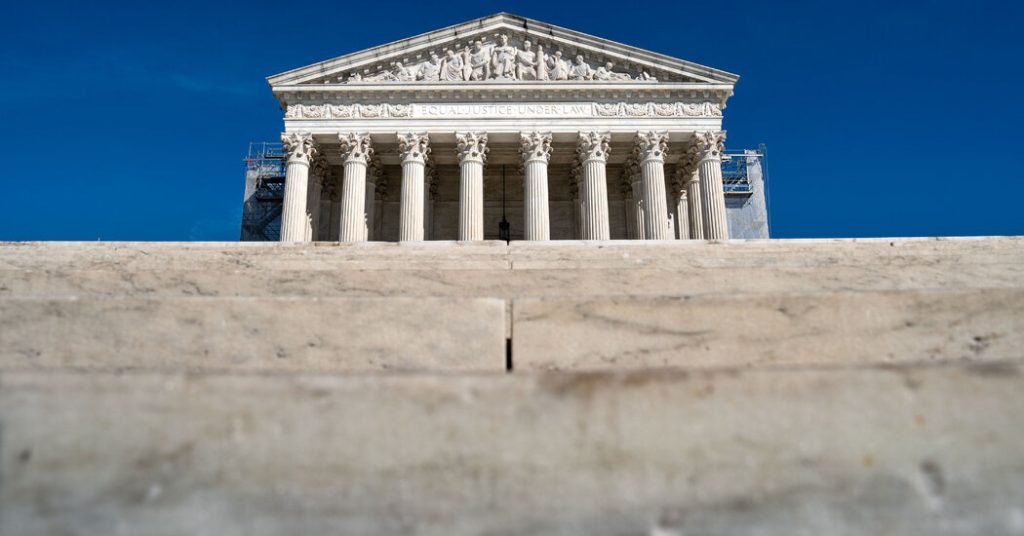Jack Smith, the special counsel prosecuting former President Donald J. Trump for plotting to overturn the 2020 election, urged the Supreme Court to reject Trump’s claim of immunity from prosecution. Smith emphasized the gravity of the case, arguing that the Constitution does not grant the president the power to violate laws. He highlighted the key principle that no one, including the president, is above the law, and urged the court to act quickly despite potential delays in the trial timeline.
The Supreme Court agreed to hear the case on an expedited schedule, setting oral arguments for April 25. However, even if the court rules against Trump swiftly, the trial is unlikely to begin until the fall, potentially impacting the upcoming presidential campaign. If Trump wins the election, he could potentially order the Justice Department to drop the charges. Lower courts have already rejected Trump’s argument for complete immunity from prosecution, ruling that he is subject to criminal liability like any other citizen.
Smith relied on the 1974 Supreme Court decision in United States v. Nixon in his brief, citing the rejection of executive privilege when Nixon was compelled to comply with a trial subpoena. Trump’s lawyers referenced a different Nixon case, Nixon v. Fitzgerald, which granted absolute presidential immunity from damages liability for acts within official responsibility. Smith argued that this precedent does not apply in criminal cases, emphasizing the need to vindicate federal criminal law in this prosecution.
The case, Trump v. United States, is one of three on the Supreme Court’s docket concerning Trump and the charges against him. Last month, the court rejected a challenge to Trump’s eligibility to hold office, and next week, they will hear arguments on the scope of charges in the federal election interference case. Smith underscored the unique and democracy-damaging nature of the alleged crimes, comparing Trump’s conduct to that of former President Nixon, who was pardoned before facing prosecution.
Smith’s brief emphasized that the absence of any prosecutions of former presidents until this case does not support the idea that presidents are immune from criminal liability. He urged the justices to uphold the bedrock principle that no one, including the president, is above the law, and stressed the need to swiftly address the unprecedented charges against Trump. The upcoming oral arguments will provide clarity on the extent of presidential immunity from criminal prosecution and could have significant implications for future presidential accountability and the rule of law in the United States.


